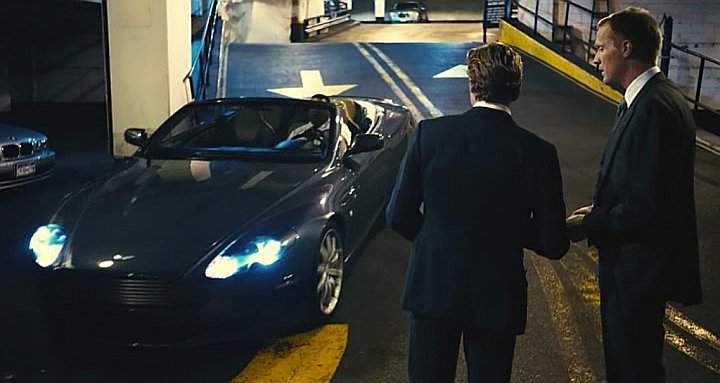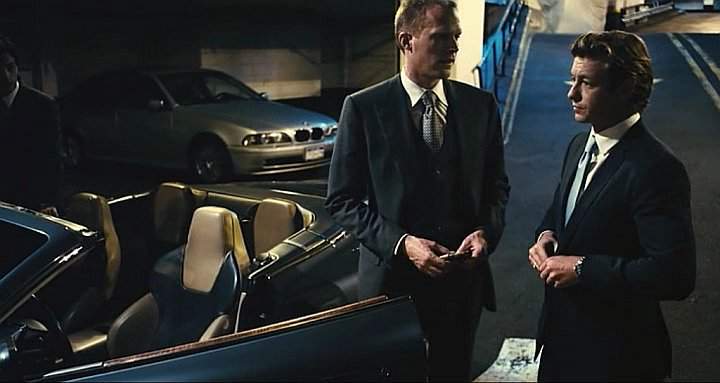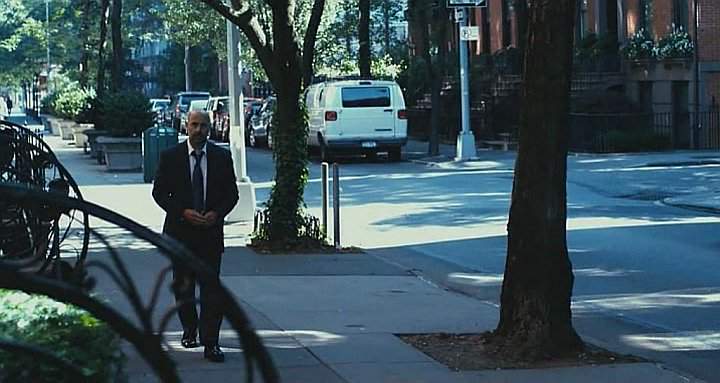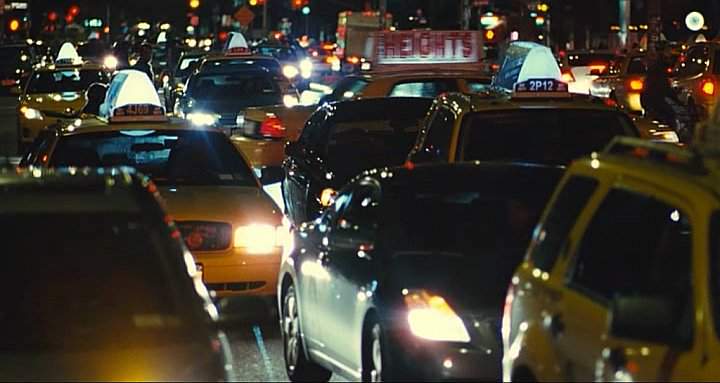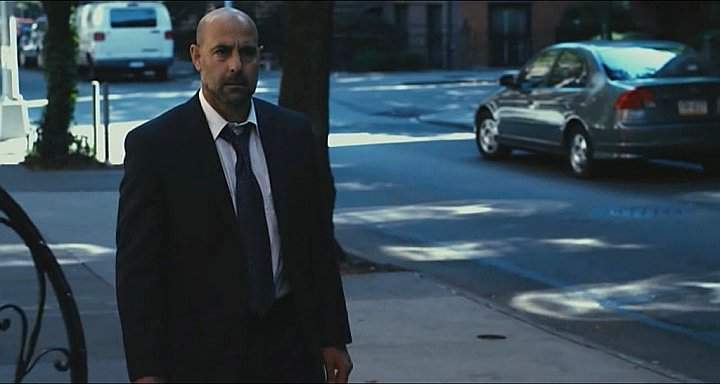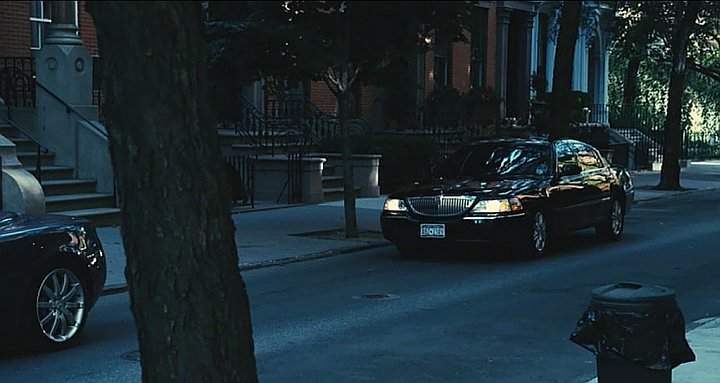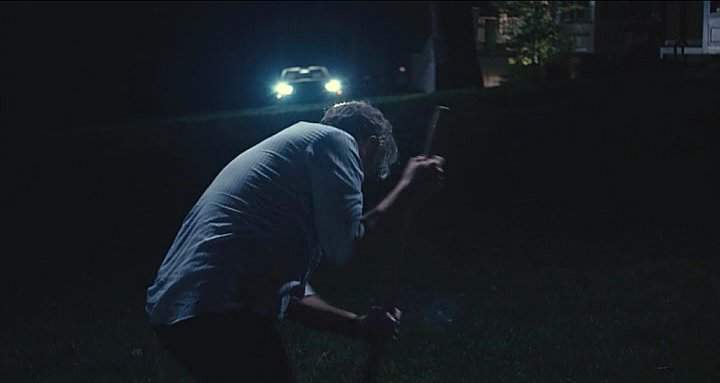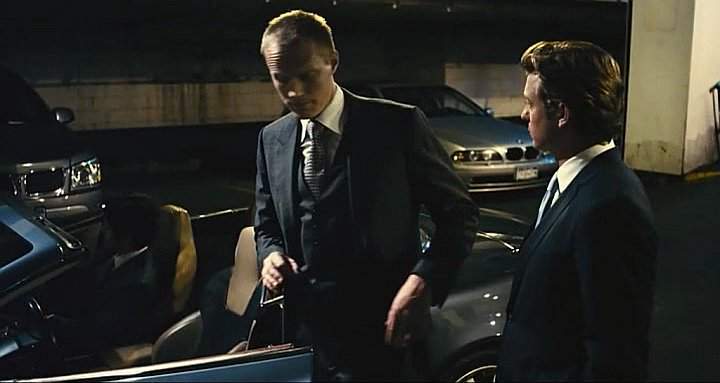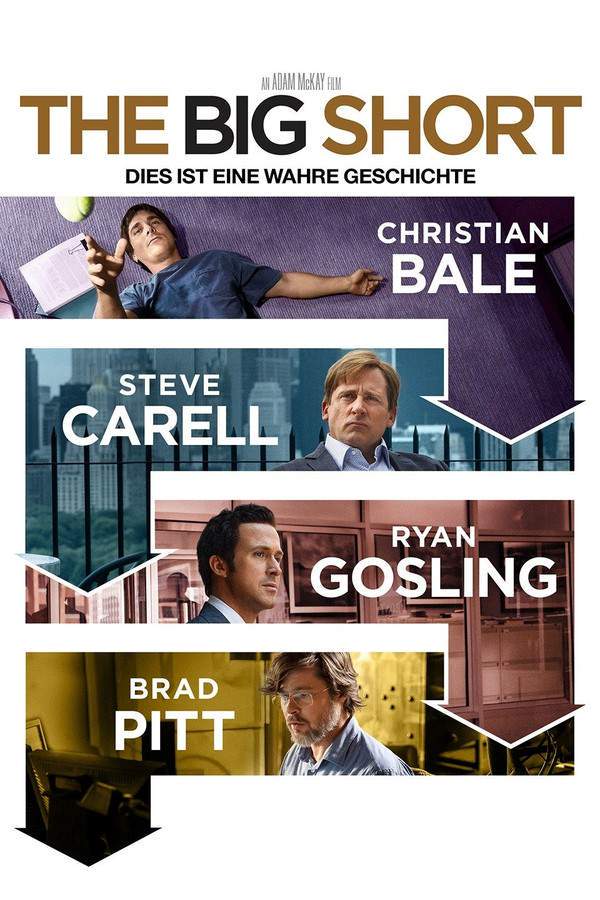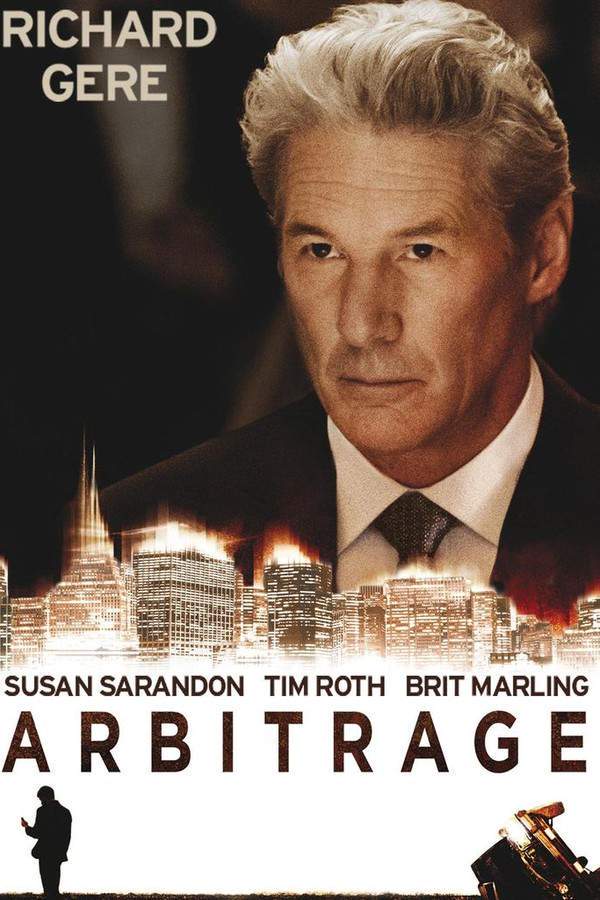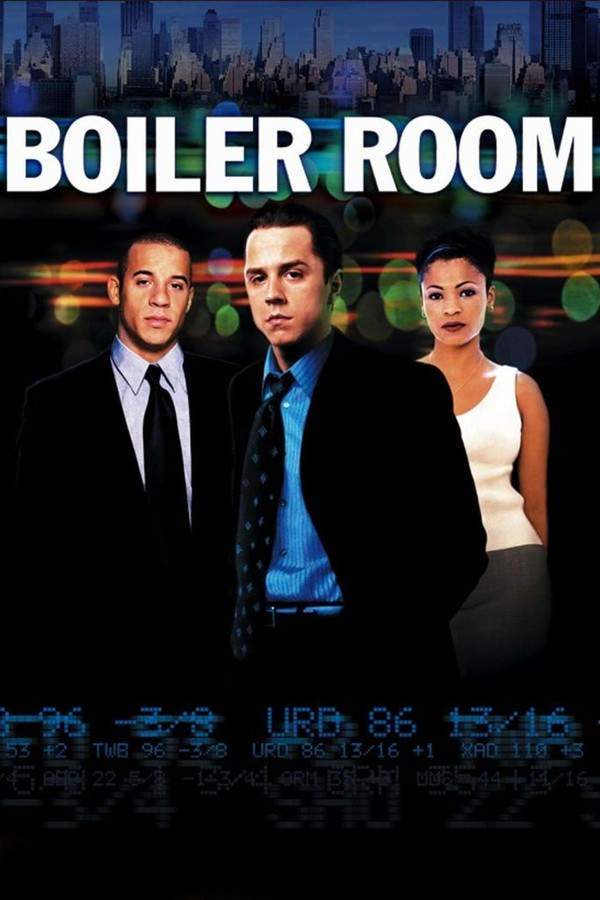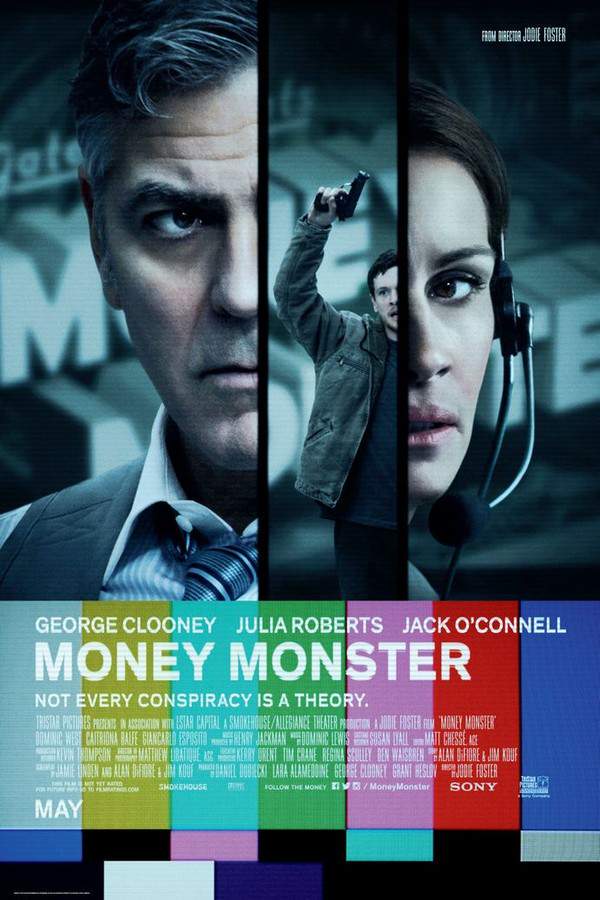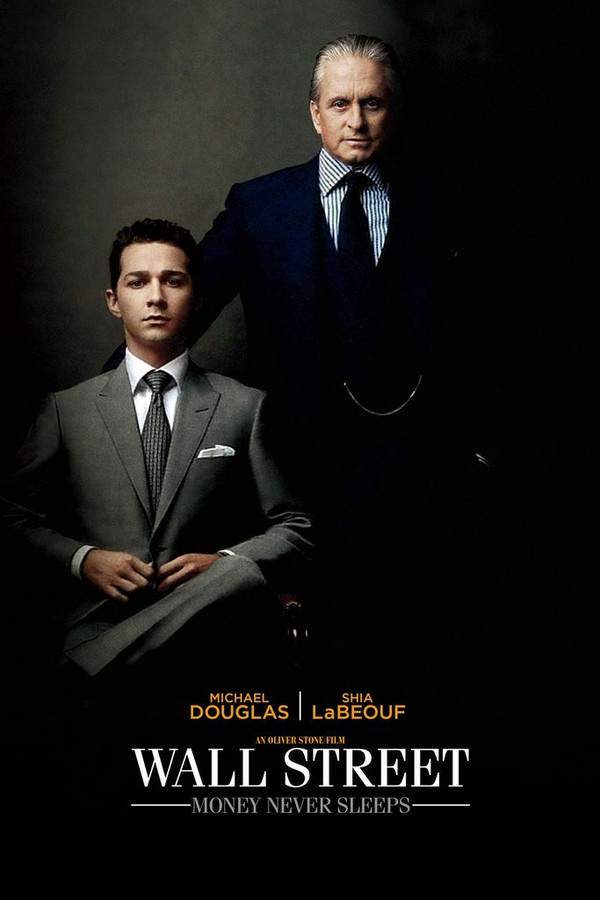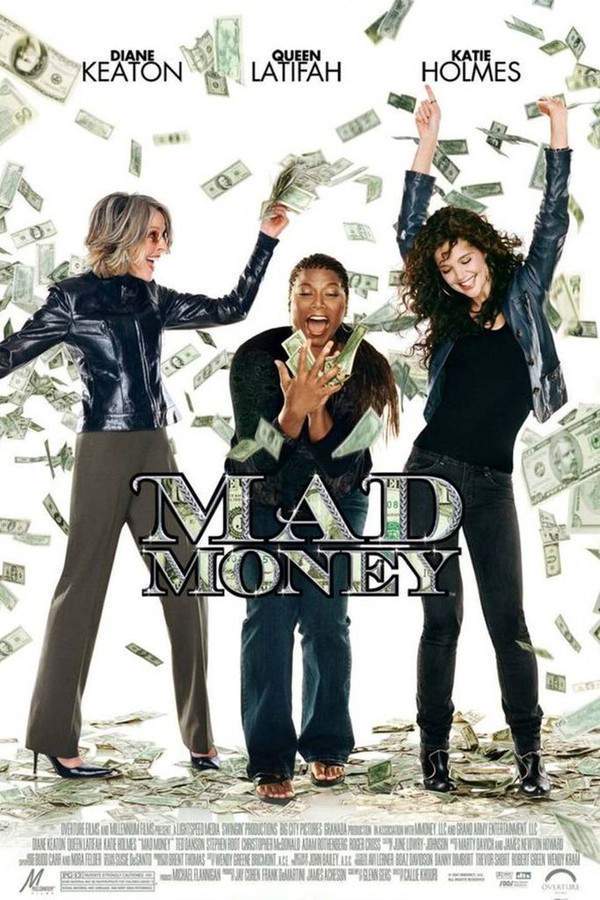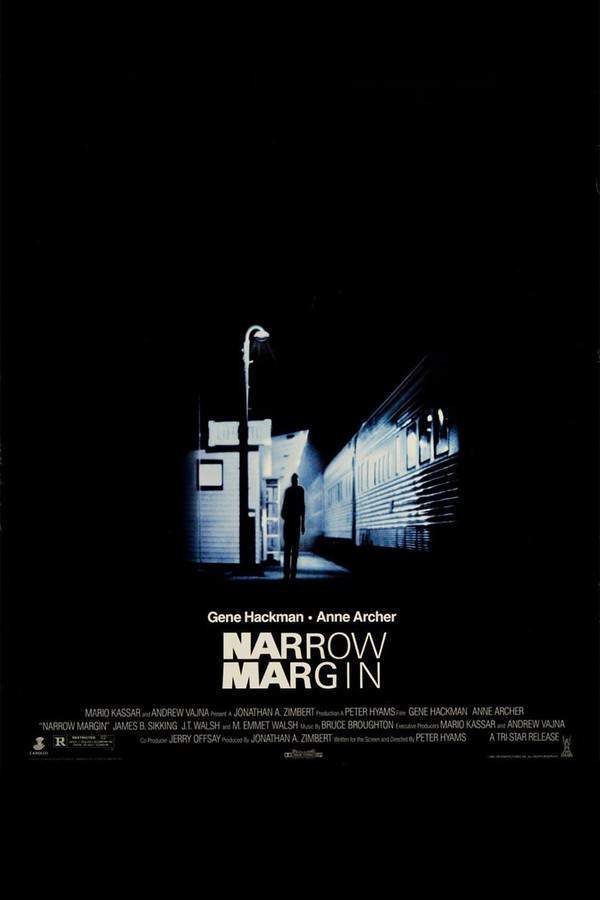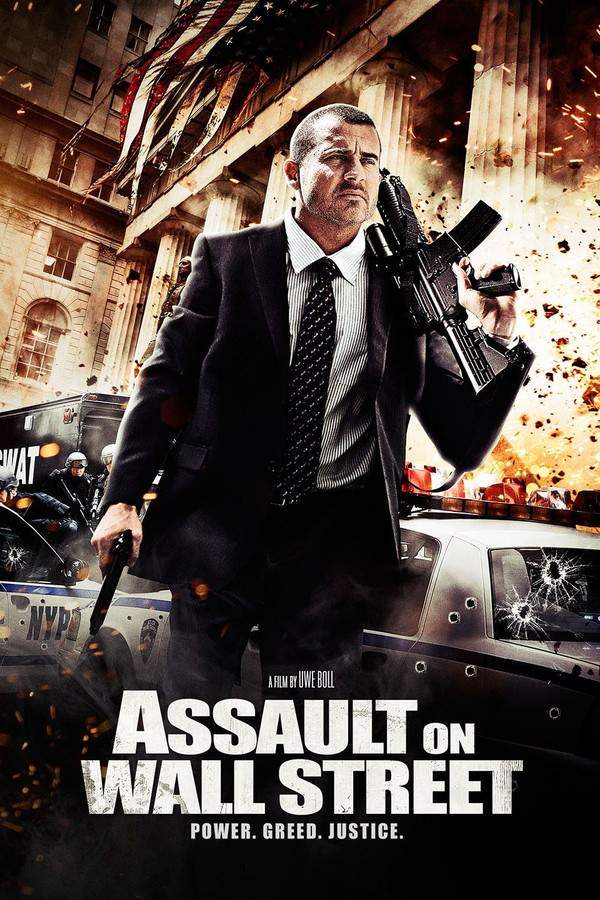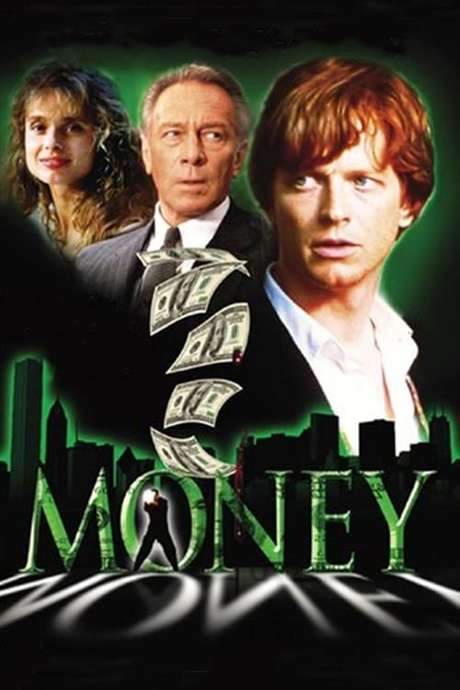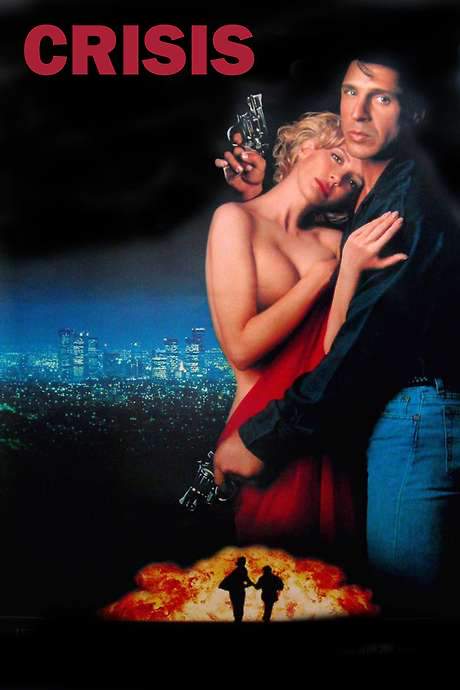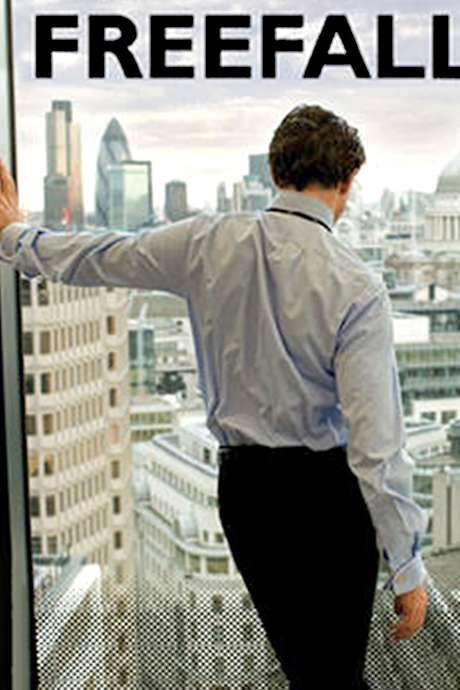Margin Call 2011
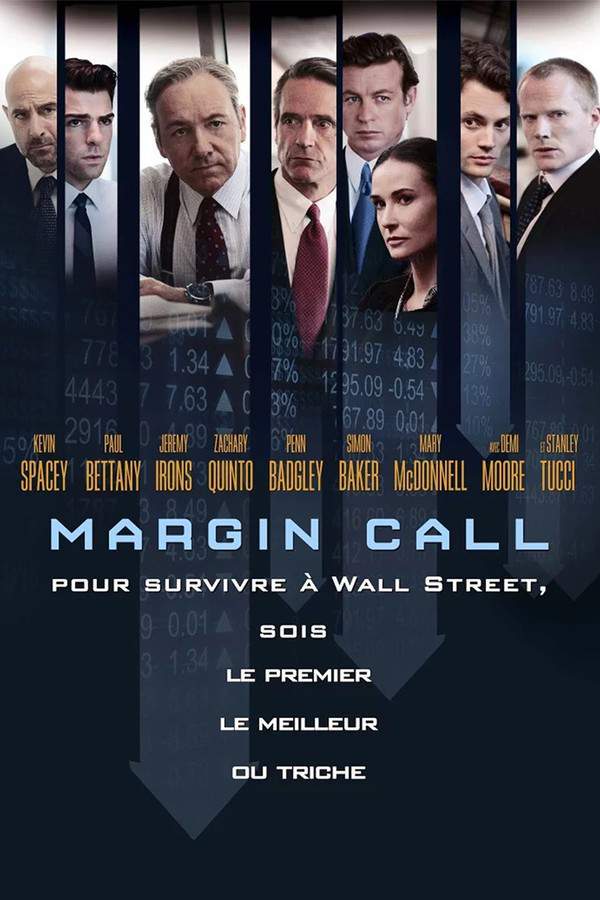
During the late hours of the 2008 financial crisis, a young analyst uncovers a potentially devastating risk. His discovery triggers a chain reaction among senior traders and executives at an investment bank. As the crisis escalates, they must grapple with the implications and make difficult decisions that will impact their careers, reputations, and the stability of the financial system. The night becomes a tense battle for survival and a glimpse into the ruthless world of high finance.
Does Margin Call have end credit scenes?
No!
Margin Call does not have end credit scenes. You can leave when the credits roll.
Meet the Full Cast and Actors of Margin Call
Explore the complete cast of Margin Call, including both lead and supporting actors. Learn who plays each character, discover their past roles and achievements, and find out what makes this ensemble cast stand out in the world of film and television.
No actors found
External Links and Streaming Options
Discover where to watch Margin Call online, including streaming platforms, rental options, and official sources. Compare reviews, ratings, and in-depth movie information across sites like IMDb, TMDb, Wikipedia or Rotten Tomatoes.
Ratings and Reviews for Margin Call
See how Margin Call is rated across major platforms like IMDb, Metacritic, and TMDb. Compare audience scores and critic reviews to understand where Margin Call stands among top-rated movies in its genre.

76
Metascore
7.1
User Score


87%
TOMATOMETER

74%
User Score

7.1 /10
IMDb Rating

69
%
User Score

3.6
From 419 fan ratings

4.38/5
From 8 fan ratings
Take the Ultimate Margin Call Movie Quiz
Challenge your knowledge of Margin Call with this fun and interactive movie quiz. Test yourself on key plot points, iconic characters, hidden details, and memorable moments to see how well you really know the film.
Margin Call Quiz: Test your knowledge on the financial thriller 'Margin Call' and its intense exploration of a banking crisis.
Who is the head of risk management who gets laid off at the beginning of the movie?
Will Emerson
Peter Sullivan
Eric Dale
Sam Rogers
Show hint
Awards & Nominations for Margin Call
Discover all the awards and nominations received by Margin Call, from Oscars to film festival honors. Learn how Margin Call and its cast and crew have been recognized by critics and the industry alike.
84th Academy Awards 2012
Writing (Original Screenplay)
27th Artios Award 2012
Outstanding Achievement in Casting - Feature - Studio or Independent Drama
27th Independent Spirit Awards 2012
Best First Screenplay
Best First Feature
Full Plot Summary and Ending Explained for Margin Call
Read the complete plot summary of Margin Call, including all major events, twists, and the full ending explained in detail. Explore key characters, themes, hidden meanings, and everything you need to understand the story from beginning to end.
Junior risk analyst Seth Bregman, alongside his senior colleague Peter Sullivan and trading desk head Will Emerson, witnesses an unexpected mass layoff orchestrated by a temporary human resources team right on their trading floor, all at the start of an otherwise routine business day. Among those terminated is their boss, Eric Dale, who led risk management operations on the floor. During his exit interview, Dale tries to convey critical information about an ongoing project, but the HR staff are more focused on his swift departure. As he is escorted from the building, he discreetly hands Peter a USB stick and warns him to “be careful” before stepping into the elevator.
Later that evening, Peter delves into Dale’s project and uncovers alarming news: the inherent volatility in their mortgage-backed securities portfolio is set to surpass historical levels. This analysis reveals that due to excessive leverage, a mere 25% decrease in these assets could result in losses greater than the firm’s entire market capitalization. Realizing the urgency of the situation, Peter alerts Will, who in turn connects with floor head Sam Rogers.
The employees remain at the office, engaging in a series of urgent meetings with senior executives, including division head Jared Cohen, chief risk officer Sarah Robertson, and finally CEO John Tuld. Jared proposes a rapid sale of all toxic assets before the market catches wind of their devalued state, a suggestion that John prefers despite Sam’s fervent opposition. Sam cautions both Jared and John that offloading these risky assets will send shockwaves throughout the financial sector, jeopardizing the firm’s relationships with many stakeholders. He also points out that their clients will quickly grasp the situation when they realize the firm is simply unloading toxic mortgage-backed securities without engaging in any form of trade.
In a twist of events, the team eventually tracks down Dale, who has been unreachable since his termination. With the promise of a generous payment and the threat to contest his severance, they convince him to return. In the midst of the chaos, it becomes clear that Sarah, Jared, and John had been aware of the looming risks leading up to this crisis. Tuld plans to present Sarah’s resignation as a scapegoat to their board and staff.
As the market prepares to open, Sam rallies his traders with the incentive of seven-figure bonuses for a drastic 93% reduction in certain mortgage-backed securities through a “fire sale.” He acknowledges that this action will irreparably harm their professional relationships. Meanwhile, Sarah and Dale find themselves in a stifling office, earning hefty pay for doing nothing, while Sarah defensively claims she had indeed warned about the emerging risks, albeit not assertively enough. As Emerson starts executing the necessary trades, tensions rise among counter-parties who grow increasingly restless as the day progresses.
When trading comes to a close, Sam witnesses the same human resources team initiate another round of layoffs within his department. He confronts John, expressing his desire to resign, but John dismisses the severity of the crisis, equating it to past market downturns and asserting that sharp financial fluctuations are merely a facet of the economic landscape. He persuades Sam to stay on for another two years, with promises of significant profit to be gained from the impending crisis. Meanwhile, Peter is seen discussing his projected promotion with Jared, while it seems Seth’s tenure at the firm may soon come to an end.
In a poignant closing scene, Sam is depicted burying his beloved dog on his ex-wife’s lawn, a heart-wrenching reminder of the personal toll amidst the corporate turmoil.
Uncover the Details: Timeline, Characters, Themes, and Beyond!

Coming soon on iOS and Android
The Plot Explained Mobile App
From blockbusters to hidden gems — dive into movie stories anytime, anywhere. Save your favorites, discover plots faster, and never miss a twist again.
Sign up to be the first to know when we launch. Your email stays private — always.
Watch Trailers, Clips & Behind-the-Scenes for Margin Call
Watch official trailers, exclusive clips, cast interviews, and behind-the-scenes footage from Margin Call. Dive deeper into the making of the film, its standout moments, and key production insights.
Cars Featured in Margin Call
Explore all cars featured in Margin Call, including their makes, models, scenes they appear in, and their significance to the plot. A must-read for car enthusiasts and movie buffs alike.
Margin Call Themes and Keywords
Discover the central themes, ideas, and keywords that define the movie’s story, tone, and message. Analyze the film’s deeper meanings, genre influences, and recurring concepts.
Margin Call Other Names and Titles
Explore the various alternative titles, translations, and other names used for Margin Call across different regions and languages. Understand how the film is marketed and recognized worldwide.
Similar Movies To Margin Call You Should Know About
Browse a curated list of movies similar in genre, tone, characters, or story structure. Discover new titles like the one you're watching, perfect for fans of related plots, vibes, or cinematic styles.
Quick Links: Summary, Cast, Ratings, More

What's After the Movie?
Not sure whether to stay after the credits? Find out!
Explore Our Movie Platform
New Movie Releases (2025)
Famous Movie Actors
Top Film Production Studios
Movie Plot Summaries & Endings
Major Movie Awards & Winners
Best Concert Films & Music Documentaries
Movie Collections and Curated Lists
© 2025 What's After the Movie. All rights reserved.
















